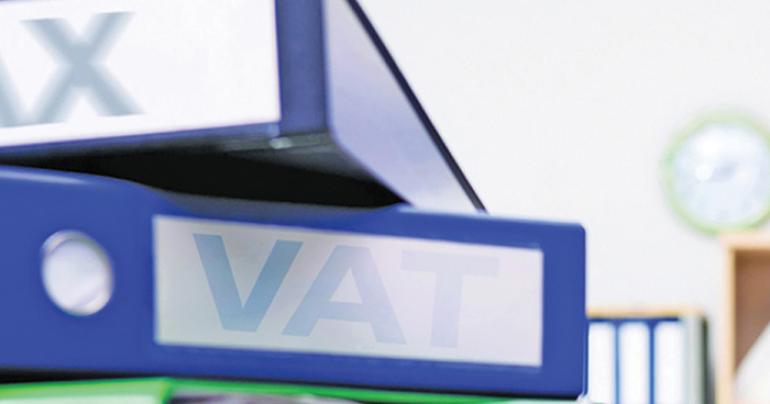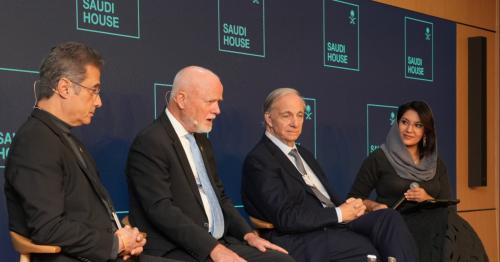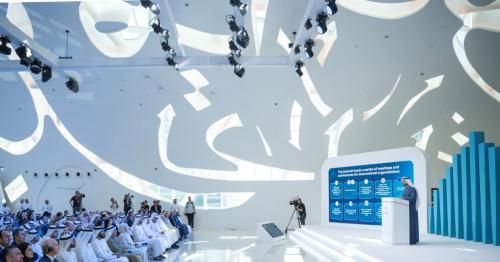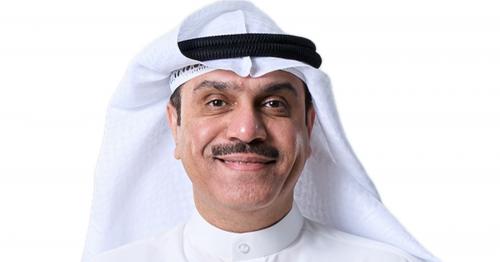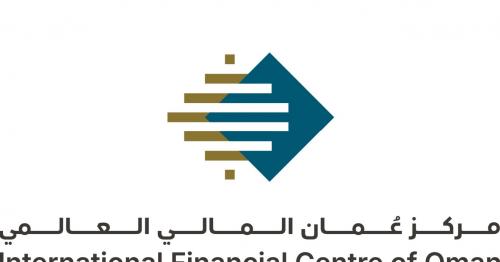All you need to know about the VAT coming to Oman
Muscat: Value Added Tax (VAT) is expected to come into Oman six months from now, as a method for the government to increase its source of income during these testing times, and diversify its revenue streams away from hydrocarbons.
To shed light on how VAT will be enacted in the country, and its effect on business and people, answers have been provided to a wide range of questions they are likely to have, ahead of its enactment, by Oman’s Government Communications Centre.
What is Value Added Tax?
VAT is a tax on consumption applied at a basic rate of five percent, to be imposed on goods and services in the Sultanate. It will also be imposed on goods imported into the Sultanate, with specific exemptions provided in the relevant laws and regulations.
This is considered an indirect tax, with the amount taxed to be borne by the final consumer, while taxable businesses must collect and calculate this tax and hand it over to the relevant authorities.
What is the expected impact of VAT on the Sultanate?
VAT rates applied in the Sultanate are among the lowest in the world. With this tax being applied across more than 160 countries, global rates range between five and 27 percent.
The application of VAT will have a positive impact on economic and social development and the international competitiveness levels of the Sultanate, while strengthening its financial position, which will help contribute to building a sustainable economy, as the tax collected will provide additional financial resources for the state that will enable it to improve public services, and help with continued development of infrastructure in the future.
Value Added Tax will provide an additional resource for the state’s public finances that ensure the sustainability and quality of public services, and will also support the achievement of the Sultanate’s goals to reduce dependence on oil and other hydrocarbon products as the main sources of its revenue. It will also improve consumer and purchasing patterns of individuals.
Revenues from Value Added Tax will generate more stable and predictable tax income during both good and difficult economic conditions. The tax is considered an effective form of funds, due to the low costs of administering and collecting it.
What roles does the business sector play with regard to taxation?
The business sector will act as a tax collector in the Sultanate and will bear only the costs of imposing, collecting and claiming value-added tax, and complying with tax obligations under the law and regulations, and the business sector must take several measures.
Firstly, they must register for VAT, and secondly, they must maintain and run an effective accounting and billing system and maintain accurate accounting records relating to value-added tax.
What does Value Added Tax mean for consumers?
Registered establishments are to impose this tax on the taxable goods and services they provide. Therefore, the tax will be borne by the consumer who receives these goods or services, and the basic tax rate of five percent will be applied to most goods and services. A wide list of goods and services that are not included in the tax will be specified, in accordance with the law and regulation.
Here is how VAT is calculated. If the price of a product you want to buy is OMR5 without tax, then the Value Added Tax that will be charged is equal to 250 baisas (5 into 5% = 0.250 OMR). This means that the final price of the product is OMR 5.250 with tax.
What items are exempt from taxation under Value Added Tax?
Basic food commodities, goods and services related to medical care, goods and services pertaining to education, and items used by people with disabilities are all exempt from tax. Furthermore, there will be no VAT added to sales deals involving residential real estate and vacant, undeveloped land.
Investments in gold
Value Added Tax will also not be imposed on investments in gold, silver and platinum, as well as companies involved in supplying or operating vehicles that transport goods and passengers, by land, sea or air.
Companies involved in the supply of rescue and emergency service aircraft and other vehicles, as well as those operating in supplying crude oil and its derivatives, and natural gas, will also not need to pay VAT.
Will the tax raise the cost of living?
It is expected that the impact of the VAT on the cost of living will be limited, especially as the rate that will be applied in the Sultanate is considered low when compared with those applied in other countries around the world.
This means that the impact of this tax on the prices of goods and services will be limited. It should also be noted that the sectors of healthcare, education, financial services and basic foodstuffs will not be covered by value-added tax.
How will it be ensured that the tax is not used as an excuse to raise prices?
The Value Added Tax will be applied according to regulations and controls through which businesses must clarify the amount of value-added tax the consumer will bear for each good and service at the outlet, and provide the necessary information that helps the consumer to choose the appropriate goods and services. This tax rate is also recorded in the establishment’s invoice according to the regulations that control VAT in the country.
Will VAT affect visitors and tourists coming to the Sultanate?
Visitors and tourists will be responsible for VAT on their taxable purchases, and will be entitled to a refund of the tax according to certain conditions that will be specified in the regulations, including the type of goods eligible for refunds, and the minimum refundable value for them.
tag: omannews , omanlatestnews , muscatnews
Share This Post

